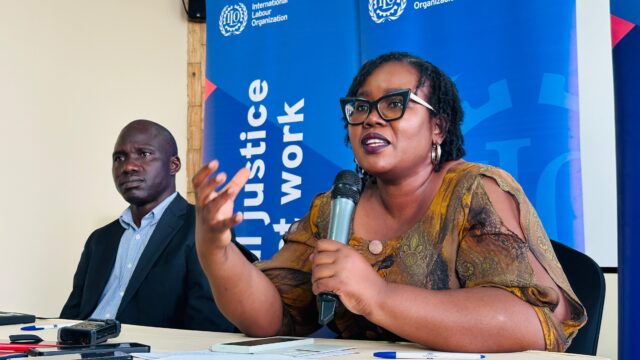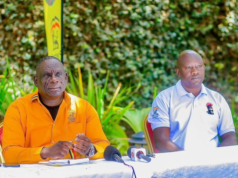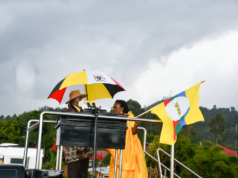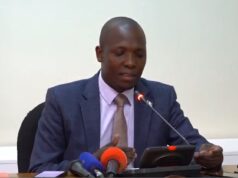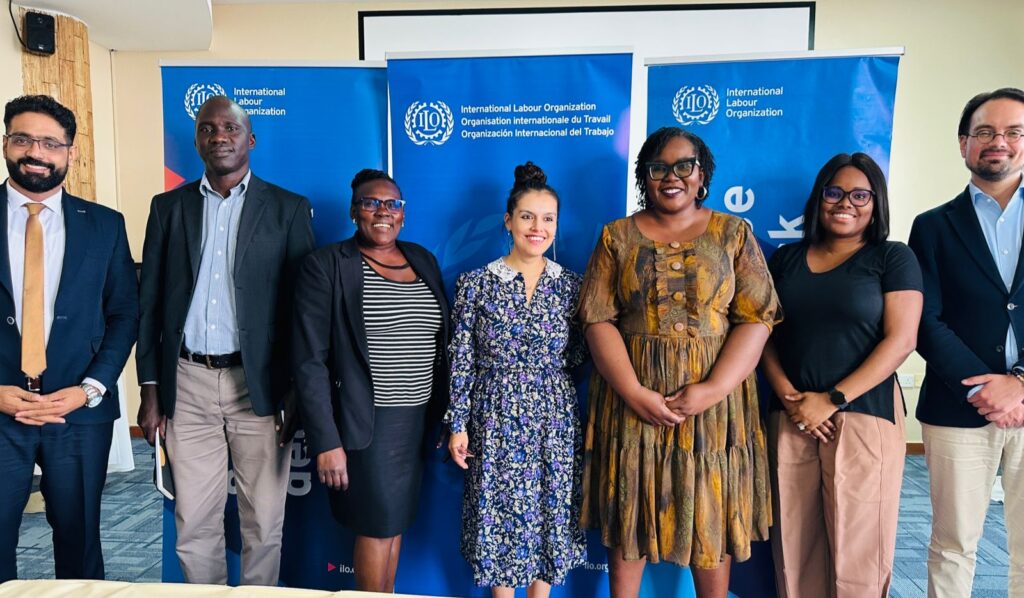
When discussing child labour globally, some people misunderstand the issue. Many unknowingly subject their children to child labour through the roles assigned to them, while others are aware of the situation but claim they have no choice.
According to the International Labour Organization (ILO), 160 million children aged 5 to 17 are engaged in child labour, with 79 million of them performing hazardous work.
Similarly, although the government of Uganda has implemented various policy interventions and adopted a national action plan to eliminate child labour, statistics from the Uganda National Bureau of Statistics (UBOS) indicate a surge in child labour, rising from 14% in 2016/17 to 39.5%, or 6.2 million children, in 2021.
In March 2018, Africa emerged with the largest number of child labourers with 72.1 million African children estimated to be in child labour, and 31.5 million in hazardous work.
National estimates in Uganda indicate that 18% of children aged 5 to 17 are engaged in child labour, particularly in sectors such as mining, agriculture, domestic work, street vending, and construction.
In Uganda, many children are subjected to child labour with no one to help rescue them. Unfortunately, most parents are often the original perpetrators, driven by circumstances such as physical disabilities, illness, unemployment, and, above all, poverty.
While closing the 3 days Regional ILO media training on voices against child labour, the Country Director operating in Uganda, Kenya, Tanzania, Burundi and Rwanda, Caroline Khamati Mugalla, noted that, subjecting children to child labour and hazardous work negatively affects their health and development, exposing them to health risks from a young age.
She added that the fact that children in child labour do not have access to education compromises the workforce. By the time they reach adulthood and are ready to transition to work, they will lack the necessary skills, thereby jeopardizing their dreams and futures.
“Children should be given a chance to be children, they should have the opportunity to go to school and engage in age appropriate activities, but not in the worst forms of labour. This message should be promoted by journalists,” she emphasized, calling for collective responsibility from all stakeholders to combat child labour.
On behalf of the government of Uganda, Onzoma Apollo, the Assistant Commissioner for Labour and Industrial Relations, expressed that the labour sector is critical to national development and appreciated that the media plays a vital role in addressing issues related to the elimination of child labour.
“Child labour is not only a violation of fundamental rights but also undermines sustainable development. If it is not addressed, the country will lack the necessary skills and expertise, as children engaged in such activities miss opportunities to develop as future human resources.
He urged journalists to highlight these issues by providing information to the public, educating them, and mobilizing opinion. This can serve as a vital tool for learning and taking action, such as refraining from subjecting children to child labour.
Knowledge Sharing Officer at ACCEL Africa, Angelica Munoz, reveals that the ILO intends to combat child labour by addressing its root causes. These include providing employment for adults, education for children, upskilling adults, facilitating their transition, and addressing climate change, among other factors.
“A single training cannot reduce the occurrence of child labour we need to involve all stakeholders to collectively fight against it,” she emphasized.
Similarly, Anders Johnson, the Regional Communication Officer for Africa at the ILO, emphasized the need for collective responsibility in the fight against child labour. This responsibility must start from families and extend to refugee communities, governments, policymakers, companies, and the private sector, all addressing the issue of children suffering under labour.
One of the participants, Promise Eze, a freelance journalist from Nigeria, expressed gratitude to the ILO for selecting him to attend this training, as it has opened his eyes to writing about children stories, child labour inclusive.
“I didn’t know that I have to work hard to ensure that my report serves the interests of the child, regardless of whether parents or guardians have consented,” he noted.
This training was led by facilitators including Lydia Eke from Nigeria, Anders Johnson from Abidjan Côte d’Ivoire, and Angelica Munoz from Mexico and Jackie Banya from Uganda.
It was attended by 16 journalists from Uganda, Kenya, Malawi, Nigeria, Ghana, and Egypt.


